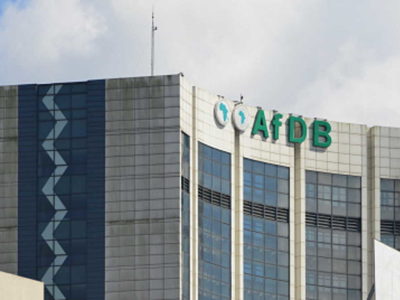Recent business statistics suggest global business optimism is declining and could be a result of many attributing factors such as trade policy uncertainties, elevated interest rates, and a weaker global economic outlook.
With Trump raising his tariffs, a move expected to impact businesses around the world, this inspired industry experts Liquidation Centre to weigh in with their insights on identifying red flags that indicate your business may be in trouble and how to address them proactively.
What are the biggest red flags that your company is in trouble?
In business, red flags are considered warning signs that indicate potential problems, risks or threats. We see time and time again businesses falling into trouble after ignoring early red flags. An example of this was the downfall of energy giant Enron in 2001, when vital red flags were ignored which ultimately led to one of the biggest corporate scandals in history. So, what red flags might suggest your company is headed for trouble? Richard Hunt, Director at Liquidation Centre, weighs in…
🚩 The loss of a key customer or a delay in customer payments
The loss of a key customer or a delay in customer payments is considered a red flag in business because this can disrupt cash flow and potentially hinder operations and growth.
“One of the most common early warning signs is the loss of a key customer or a delay in customer payments. Businesses that were once paid on time suddenly find themselves chasing invoices, which puts immediate strain on cash flow.”
🚩 Increase in cost of sales
An increase in the cost of sales, or cost of goods sold, can indicate your business is in trouble because it can lead to lower profit margins and a decrease in net income.
“Another key warning sign is an increase in cost of sales, be that materials or wages etc. These usually result in a noticeable drop in cash reserves, and directors often find themselves turning to short-term loans just to keep going. They are then left with no other choice but to start making decisions about which supplier or creditor to prioritise and who gets pushed back another month. Arrears with HMRC or landlords begin to build, and on paper, the balance sheet tells a clear story that liabilities are starting to outweigh assets.”
🚩 Unexpected staff departures or leadership changes
When valued employees or senior leaders leave unexpectedly, it can be an early warning sign of underlying problems. Departures at the top often reflect a lack of confidence in the business’s financial health, strategic direction, or management culture.
“In times of uncertainty, leaders may choose to exit rather than stay and navigate difficult circumstances. High staff turnover can also create a ripple effect throughout the organisation, damaging morale and productivity. Clients and suppliers may notice instability too, leading to strained relationships and further pressure on the business.”
How do you spot these signs early on?
“Spotting the warning signs early is crucial. A business that’s becoming increasingly reliant on loans or credit to stay afloat should see that as a serious sign that something needs to change. Missing payments to suppliers or experiencing pressure from creditors is another major concern. Sales figures might still look reasonable on the surface, but even a gradual decline should trigger a closer look at your figures. Pressure from HMRC is another serious sign, whether it’s reminders, penalties, or formal warnings. If you’re receiving legal letters from creditors, like a CCJ, things have already escalated, and that’s the point when businesses often reach out to us in urgent need of help.”
How do you turn your business around when it’s in trouble and how do you keep your staff motivated?
“The best piece of advice we can give is to seek professional help as early as possible, too many businesses wait until they’re at crisis point. The earlier you get advice, the more options you’ll have. From restructuring the business to reviewing outgoings or negotiating with suppliers, there are usually more routes forward than directors realise. In terms of cash flow, looking at alternative funding options like invoice finance can free up working capital quickly and help you stabilise. But we always remind business owners not to forget their people. Staff will sense when something’s wrong, so honesty and support go a long way. Keeping them involved and reassured can actually strengthen morale, even when you’re dealing with a lot of uncertainty behind closed doors.”
Credit: Liquidation Centre


















